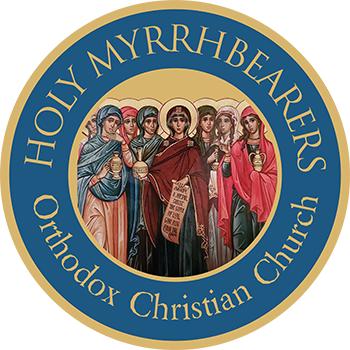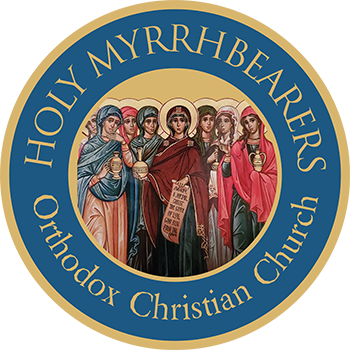November 02, 2025

We started to move into this Sabbath day with a reading from Colossian 2 on Friday: “So then, just as you received Christ Jesus as Lord, continue to live your lives in him, rooted and built up in him, strengthened in the faith as you were taught, and overflowing with thankfulness.” (Col 2:6-7) And as I read this scripture I was reminded of Nehemiah, who through fasting and prayer and leadership restored the walls of Jerusalem after the Babylonians departed and left things in ruins around 445 BC, with the reading and teaching of the Law of God by Priest Ezra and these encouraging words: “Do not sorrow, for the joy of the Lord is your strength.” (Neh 8:10)
And then today we hear the victorious words from Galatians: “For I through the law died to the law, in order that I might live to God. I have been crucified with Christ; and I no longer live, but Christ liveth in me; and the life that I now live in the flesh I live in faith, in that of the Son of God, Who loved me and gave Himself for me. [Gal. 2:19-20]
In some of our life experiences, it is hard to be joyful all the time. At times it is hard to see where Christ is in the crumbling walls of situations we find ourselves living in. At times it is hard to be Christ-like in everything! St. John of Kronstadt asks us this question: “Brethren! What is the purpose of our earthly life? It is, that, after our trial by earthly affliction and misfortunes, and after our gradual advancement in virtue, by means of the divine gifts, given to us in the sacraments, we may rest, after our death, in the Lord, the peace of our souls. That is why we sing of the dead: "Grant rest, O Lord, to the soul of Thy departed servant." We wish him to rest in peace, as the limit of all wishes, and pray to God for this. Is it not, then, unwise to grieve much for the departed? "Come unto Me, all ye that labour and are heavy laden, and I will give you rest,"(Matthew 11:28) says the Lord. Thus our departed ones, who have fallen asleep in a Christian death, come to this voice of God and obtain rest. What is there, then, to grieve for?” (St. John of Kronstadt. My Life in Christ)
St. Maximos writes: “The holy Gospel teaches men to reject life according to the flesh and to embrace life according to the Spirit. I am speaking of those who are always dying to what is human - I mean human life in the flesh according to this present age - and living for God in the Spirit alone, after the example of St Paul and his followers. They do not in any way live their own life but have Christ living in them in the soul alone (cf. Gal. 2:20). Those, then, who in this age are truly dead to the flesh can be distinguished in this way: even though they suffer much affliction, torment, distress and persecution, and experience innumerable forms of trial and temptation, nevertheless they bear everything with joy.” (St. Maximos the Confessor (Various Texts on Theology, the Divine Economy, and Virtue and Vice First Century))
How then can we achieve this grace filled rest? St. John of Kronstadt continues: “The loving Lord is here: how can I let even a shadow of evil enter into my heart? Let all evil completely die within me; let my heart be anointed with the sweet fragrance of goodness as with a balsam. Let God's love conquer thee, thou evil Satan, instigating us, who are evil by nature, to evil. Evil is most hurtful both to the mind and to the body. It burns, it crushes, and it tortures. No one bound by evil shall dare to approach the throne of the God of love.”(St. John of Kronstadt. My Life in Christ)
Free will is a powerful narrative that can seclude us on the island of self sufficiency and death, or allow us to let go, and trust the One who formed us from the dirt, the One who yearns for our return. Archpriest Nikolai Kim sums it up this way: “First of all, without personal faith of the heart, no formal rituals will, in and of themselves, open to us the path to the Kingdom. Second, faith that is not manifested in life, faith without actual union with Christ in the Holy Mysteries, without following Him according to His Commandments, is not faith, but empty words about faith. Thus, works without faith are nothing, and faith without works is dead. These are the two poles of human delusion; between them lies the Royal Path of Christian freedom. “
Comments will be approved before showing up.

